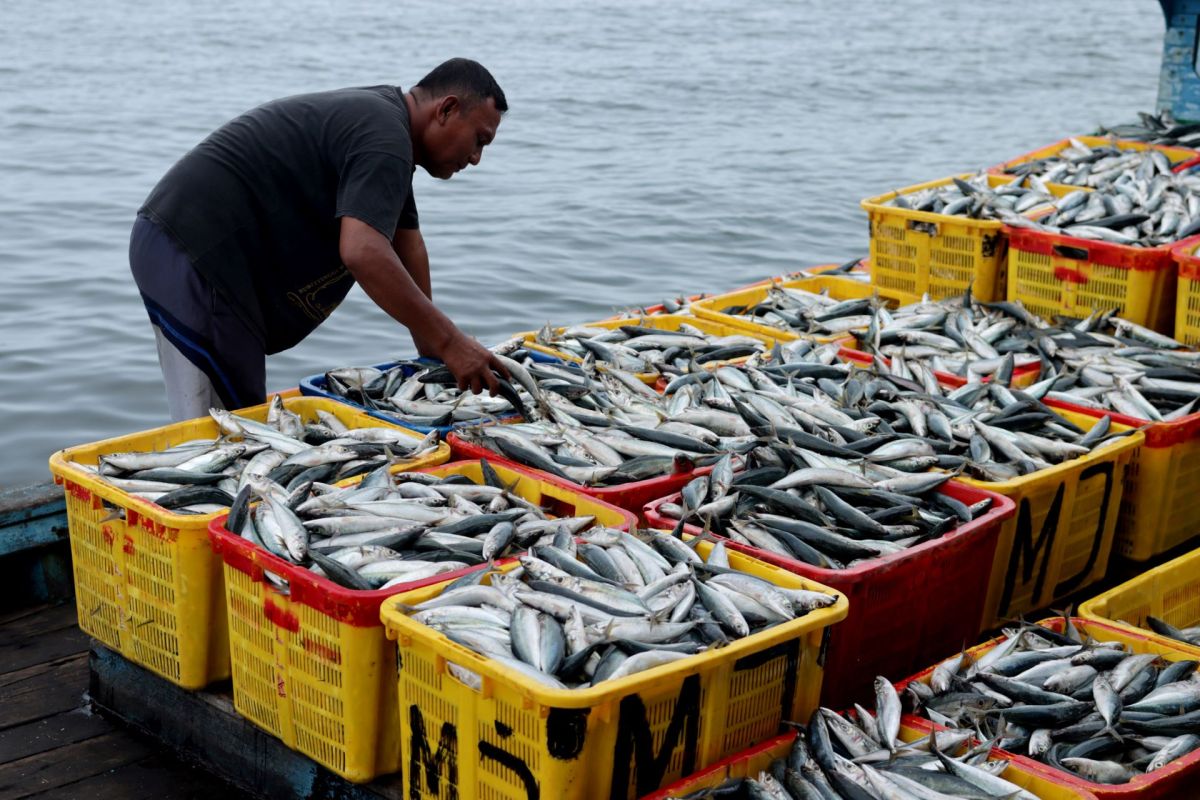New research shows that the majority of the global aquaculture industry faces enormous risks due to human activities.
As the planet's temperatures change rapidly, this sector finds itself in a difficult position.
What's happening?
A new study revealed that numerous major aquatic food producers worldwide are exceptionally susceptible to environmental changes caused by human activities that are warming the planet and killing the world's sea animals.
The countries at the highest risk also have the lowest ability to adapt to these changes, science information news website Phys.org reported.
The outlet highlighted how, according to the study, more than 90% of global "blue" food production, including capture fisheries and aquaculture, is exposed to significant risks arising from environmental change.
Ling Cao, co-lead author and professor at the State Key Laboratory of Marine Environmental Science at Xiamen University, told Phys.org that "we have only scratched the surface" in the understanding of how environmental stressors are connected and how they can negatively impact the production and safety of blue foods.
As human industrial activities warm the atmosphere, they also warm the oceans, affecting populations of marine wildlife and coral reefs.
Another primary driver of sea life vulnerability is the fishing industry. Industrial fishing kills hundreds of thousands of whales, sea turtles, and dolphins yearly.
Why is sea life important?
These changes negatively affect the means of subsistence for coastal communities worldwide.
Approximately 680 million people live in coastal regions, and around 3.3 billion people, roughly half of the global population, currently rely on fish for food.
Aquatic animals also contribute to the overall biodiversity of the planet, representing a wide array of species, from microscopic plankton to large marine mammals, each with its own unique ecological niche.
The diversity of aquatic life helps sustain the balance of ecosystems and supports the functioning of food chains and nutrient cycles.
What's being done to protect life under the sea?
"Although we have made some progress with climate change, our adaptation strategies for blue food systems facing environmental change are still underdeveloped and need urgent attention," said Rebecca Short, co-lead author and researcher at the Stockholm Resilience Center, Phys.org reported.
On a more positive note, the rise of plant-based fish alternatives is emerging as a highly effective alternative to the traditional fishing industry for subsistence.
Similarly, cell-based seafood, an innovative approach that is currently relatively unknown, holds the potential to become commonplace on supermarket shelves in the near future.
This groundbreaking technology can help protect aquatic animals while feeding millions of people across the globe.
Join our free newsletter for cool news and actionable info that makes it easy to help yourself while helping the planet.









